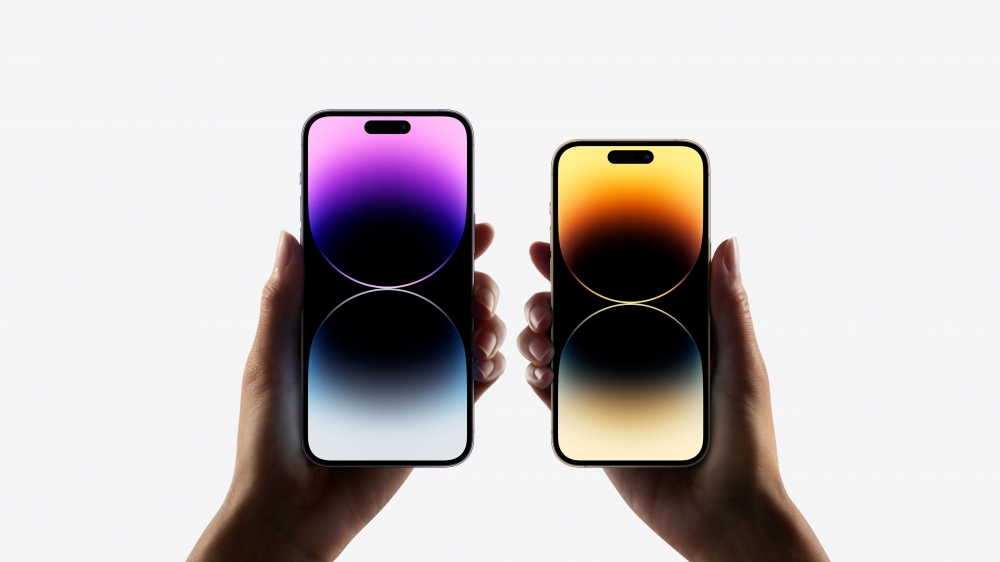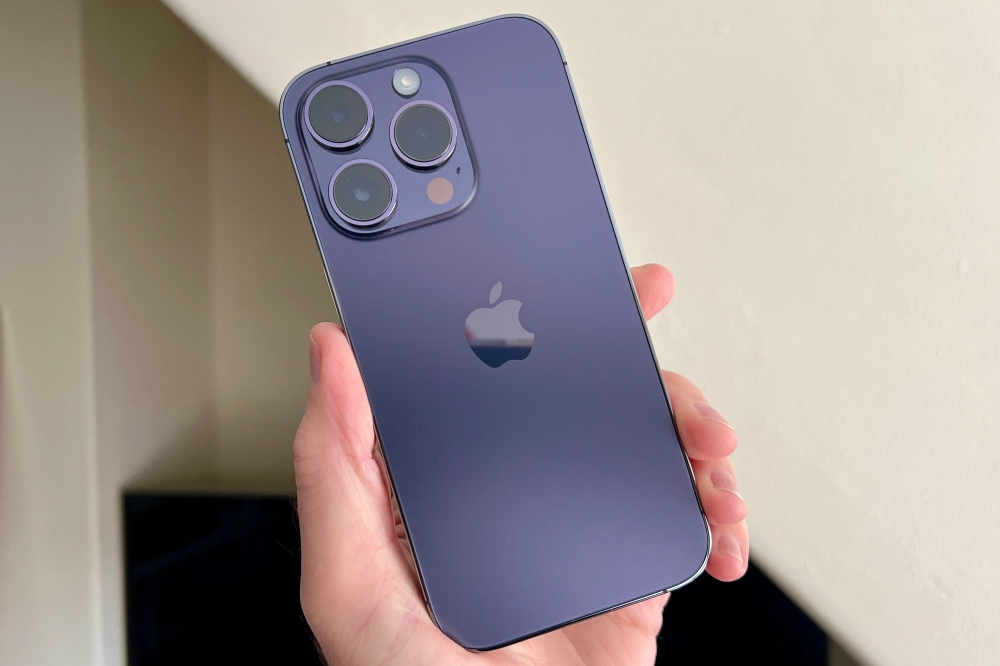iPhone 14 Pro Max only costs Apple $464 to manufacture
- The cost of materials for the iPhone 14 Pro Max with 128GB of storage is $464, up 3.4% from the previous model.
- The display and processor are the main cost drivers, including Apple's A16 bionic processor, third-party 5G chips, and camera.
- Apple's self-designed component costs make up 22% of the total, including the A16 bionic processor, PMIC, audio, connectivity, and touch control.
- The A16 bionic processor has one billion more transistors than the previous model and costs $11, while the cellular chip collection cost fell to 13% due to 5G component price decreases.
- Samsung supplied the display panels for the iPhone 14 Pro Max.
- The cost analysis doesn't include other production costs, but provides insight into Apple's pricing decisions.
The blended bill of materials (BoM) cost for Apple's iPhone 14 Pro Max with 128GB of storage is $464, a 3.4% increase compared to the previous year's iPhone 13 Pro Max. The main drivers of the cost increase were the display and processor, which includes Apple's A16 bionic processor, third-party 5G chips, and camera. While the overall increase in cost was slight, the share of Apple's self-designed component costs has increased to 22%, up from the previous model. Apple's custom-designed components for the iPhone include the A16 bionic processor, PMIC, audio, connectivity, and touch control.
 Image credit: Apple Inc.
The A16 bionic processor features one billion more transistors than the A15's 15 billion, and it cost $11, or a 6.7% increase, due to the new 4nm process used. In contrast, the cost of the collection of chips in the cellular category fell to 13% in the iPhone 14 Pro Max, down from 14% in the previous model. This decrease was attributed to a fall in component prices as 5G cellular technology rose in popularity. Qualcomm, Qorvo, Skyworks, and Broadcom were among the main iPhone 14 Pro Max cellular suppliers.
Image credit: Apple Inc.
The A16 bionic processor features one billion more transistors than the A15's 15 billion, and it cost $11, or a 6.7% increase, due to the new 4nm process used. In contrast, the cost of the collection of chips in the cellular category fell to 13% in the iPhone 14 Pro Max, down from 14% in the previous model. This decrease was attributed to a fall in component prices as 5G cellular technology rose in popularity. Qualcomm, Qorvo, Skyworks, and Broadcom were among the main iPhone 14 Pro Max cellular suppliers.
Counterpoint Research's Shenghao Bai estimates that the blended materials cost for the iPhone 14 Pro Max with 128GB of storage was $464, based on the mmWave variant's share of the product mix at the end of 2022, which he assumed to be about 44%. While Apple doesn't disclose production costs on a per-device basis, it does report its overall products' gross margin. In Q1 2023, for instance, Apple reported that its products' gross margin was 37%, a number that has historically been very stable for the company, with only minor fluctuations.
 Image credit: Digital Trends
Other notable changes to the iPhone 14 Pro Max include the new 48MP rear camera and the always-on display feature. Although prices for certain components have gone down, the overall "processing" category, which includes the A16 bionic chip, now accounts for 20% of the total materials cost, up from the previous year. Samsung supplied the display panels for the iPhone 14 Pro Max. The BoM for the mmWave 5G variant of the iPhone 14 Pro Max costs about $474, while the BoM for the sub-6GHz model comes to about $454.
Image credit: Digital Trends
Other notable changes to the iPhone 14 Pro Max include the new 48MP rear camera and the always-on display feature. Although prices for certain components have gone down, the overall "processing" category, which includes the A16 bionic chip, now accounts for 20% of the total materials cost, up from the previous year. Samsung supplied the display panels for the iPhone 14 Pro Max. The BoM for the mmWave 5G variant of the iPhone 14 Pro Max costs about $474, while the BoM for the sub-6GHz model comes to about $454.
Recommended by the editors:
Thank you for visiting Apple Scoop! As a dedicated independent news organization, we strive to deliver the latest updates and in-depth journalism on everything Apple. Have insights or thoughts to share? Drop a comment below—our team actively engages with and responds to our community. Return to the home page.Published to Apple Scoop on 1st March, 2023.
No password required
A confirmation request will be delivered to the email address you provide. Once confirmed, your comment will be published. It's as simple as two clicks.
Your email address will not be published publicly. Additionally, we will not send you marketing emails unless you opt-in.